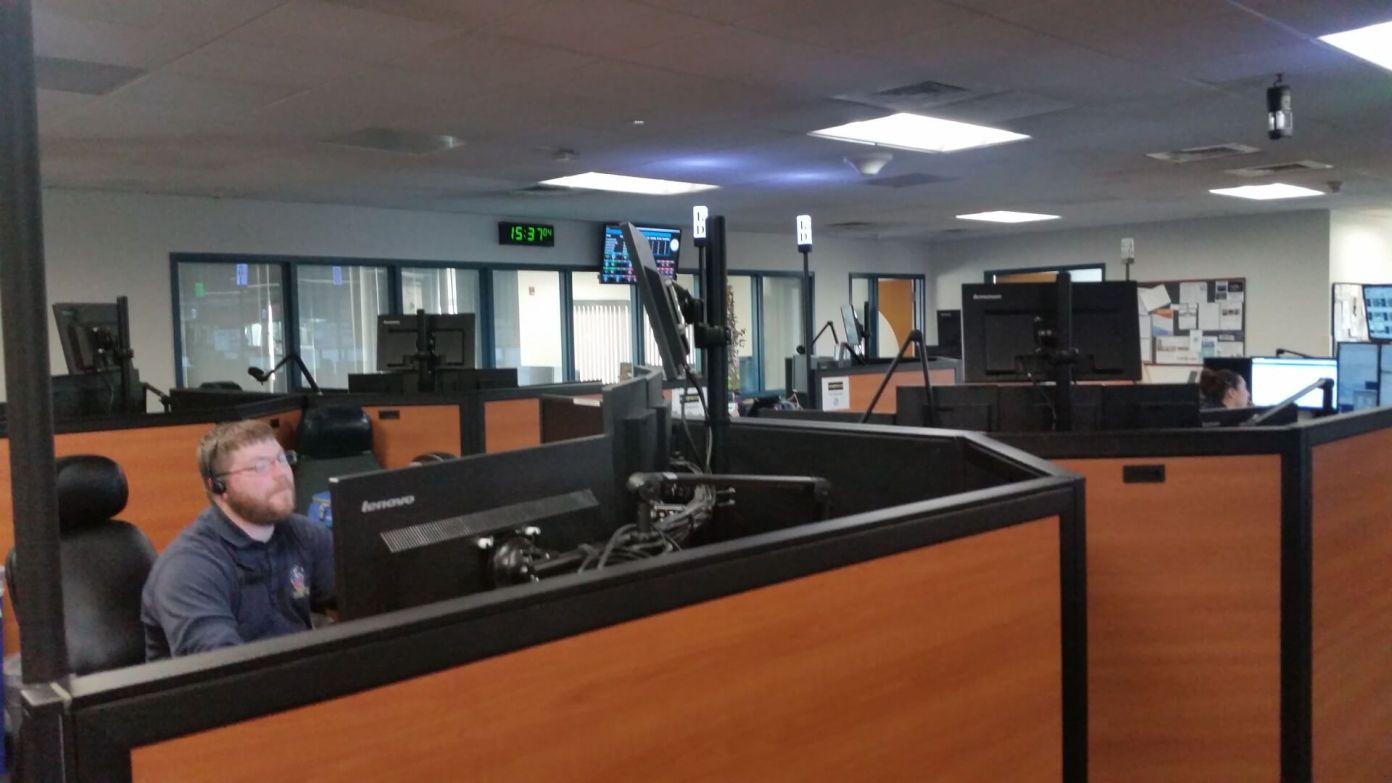Why Hasn’t Maryland’s Comptroller Been Conducting Audits During the Pandemic?

Maryland Comptroller Peter V.R. Franchot (D) put a stop to audits during the coronavirus pandemic, a move that has one senator worried about oversight.
Susan O’Brien, the comptroller’s communications director, said in a statement that the comptroller put a stop to “collections and audits” after Gov. Lawrence J. Hogan Jr. (R) used his emergency powers to allow agencies more flexibility in terms of revenue collection. Hogan also put a stop to debt collection by executive state agencies earlier this year.
The move was meant to lessen the pandemic’s impact on small businesses and taxpayers, O’Brien said. But Sen. Cheryl C. Kagan (D-Montgomery) worries that no audits could lead to a lack of oversight in the state.
“It’s distressing to think that we have possibly fallen behind,” Kagan said.
Kagan, chair of the Next Generation 9-1-1 Commission, was particularly concerned that the state’s recently revamped 911 fees could be hampered by a lack of audits. Just last year, she charged that T-Mobile had been overcharging Marylanders for 911 fees for more than a decade.
The commission recommended audits to 911 fees in the state last year after the revelations about overcharges; the General Assembly passed a bill in March requiring regular audits of 911 fee collections. The comptroller’s office plans to resume audits for the 911 fees at Kagan’s request, O’Brien confirmed.
“We are confident that despite the pandemic, we will be able to implement an audit program for the 9-1-1 fee without jeopardizing the safety and welfare of the staff and the impacted businesses,” Deputy Comptroller Sharonne R. Bonardi wrote in a Nov. 4 letter to Kagan.
In a memo obtained by Maryland Matters, the comptroller’s Compliance Division Director Daniel C. Riley, Jr. wrote that “any audits which may have been planned to start, complete, or assessed are delayed.”
Riley wrote that the delayed audits don’t just affect the 911 fee, but all types of taxes and fees like the state’s sales tax and corporate tax. Riley noted that the delay doesn’t affect “the responsibility of an individual or business to file applicable returns and remit taxes/fees due.”
Audits and other collection activities will resume when the state’s coronavirus restrictions are lifted, plus 30 days, Riley wrote. O’Brien said that the comptroller’s office is currently looking at how to safely resume audits, given the coronavirus pandemic’s recent surge across the country.
“Like most other departments of revenue around the country, the agency is examining its audit program to determine best practices for auditing during a pandemic,” O’Brien wrote. “This process will not only protect the health and welfare of our auditors and taxpayers, but also give consideration to ensure we are not causing additional economic strain on Maryland businesses.”
O’Brien wrote that the comptroller’s compliance division will begin auditing companies that collect 911 fees, assist the Department of Commerce with emergency funding applications, and continue “audit selection and preparation functions, including the processing of sales and use tax refunds.”




 Creative Commons Attribution
Creative Commons Attribution